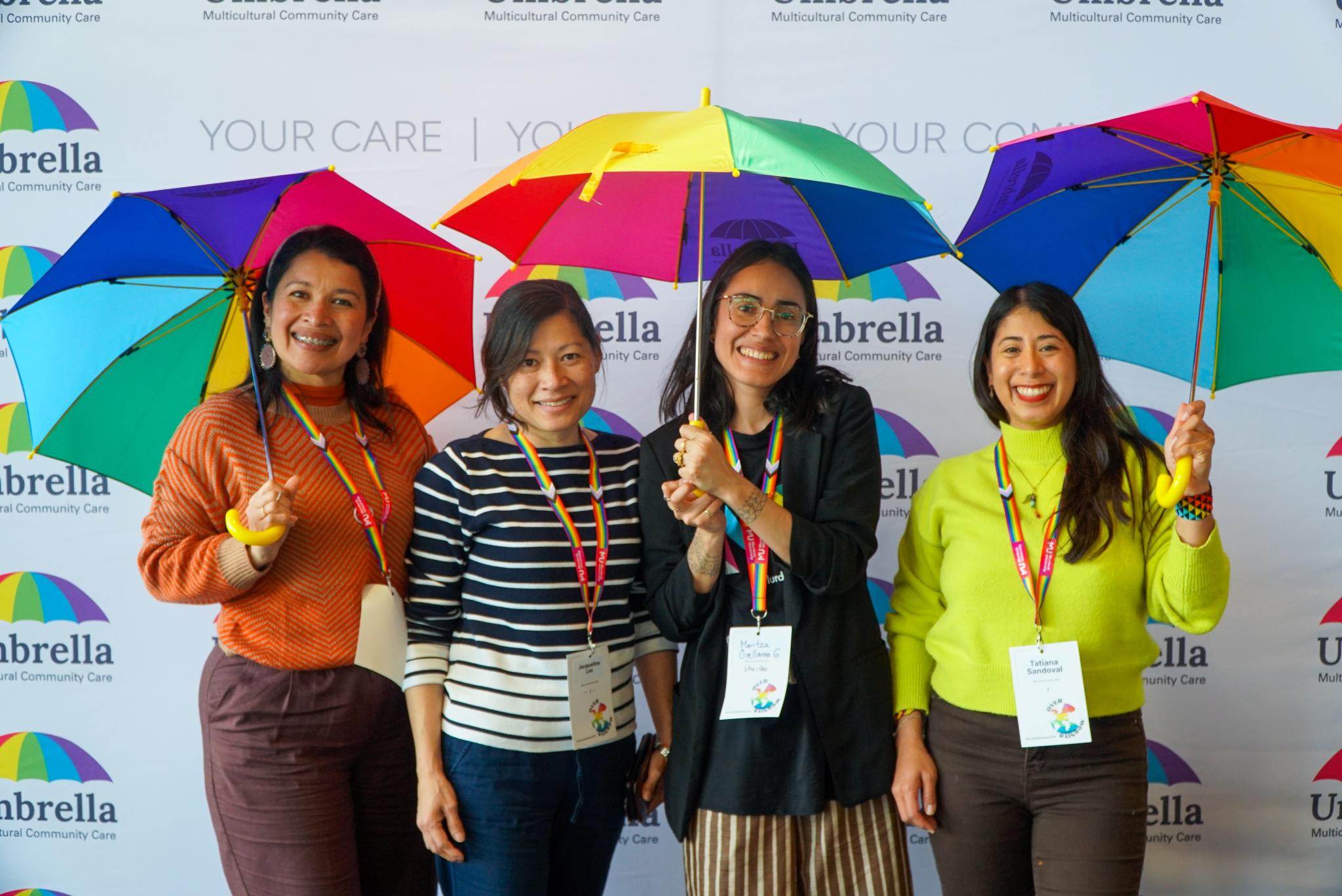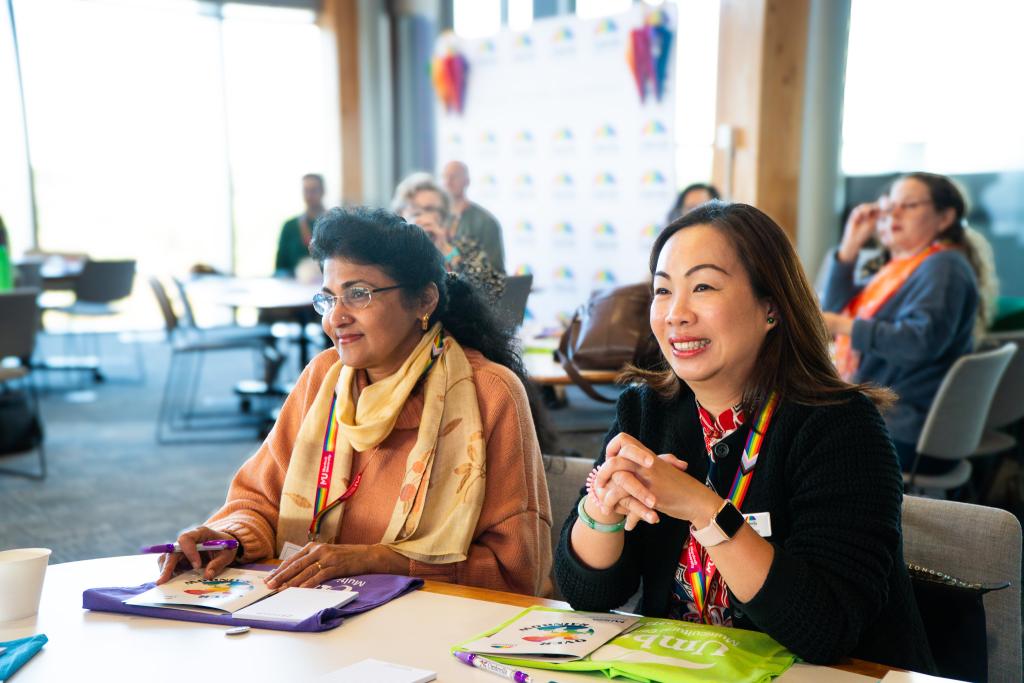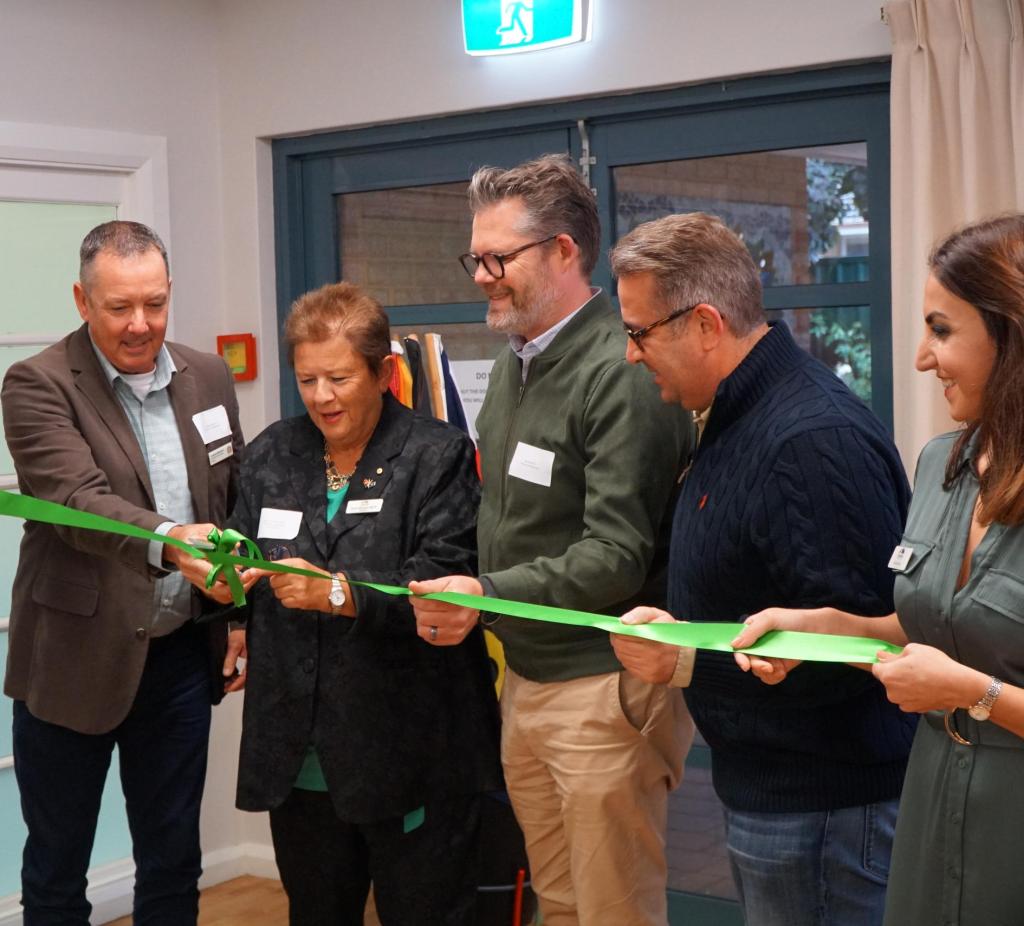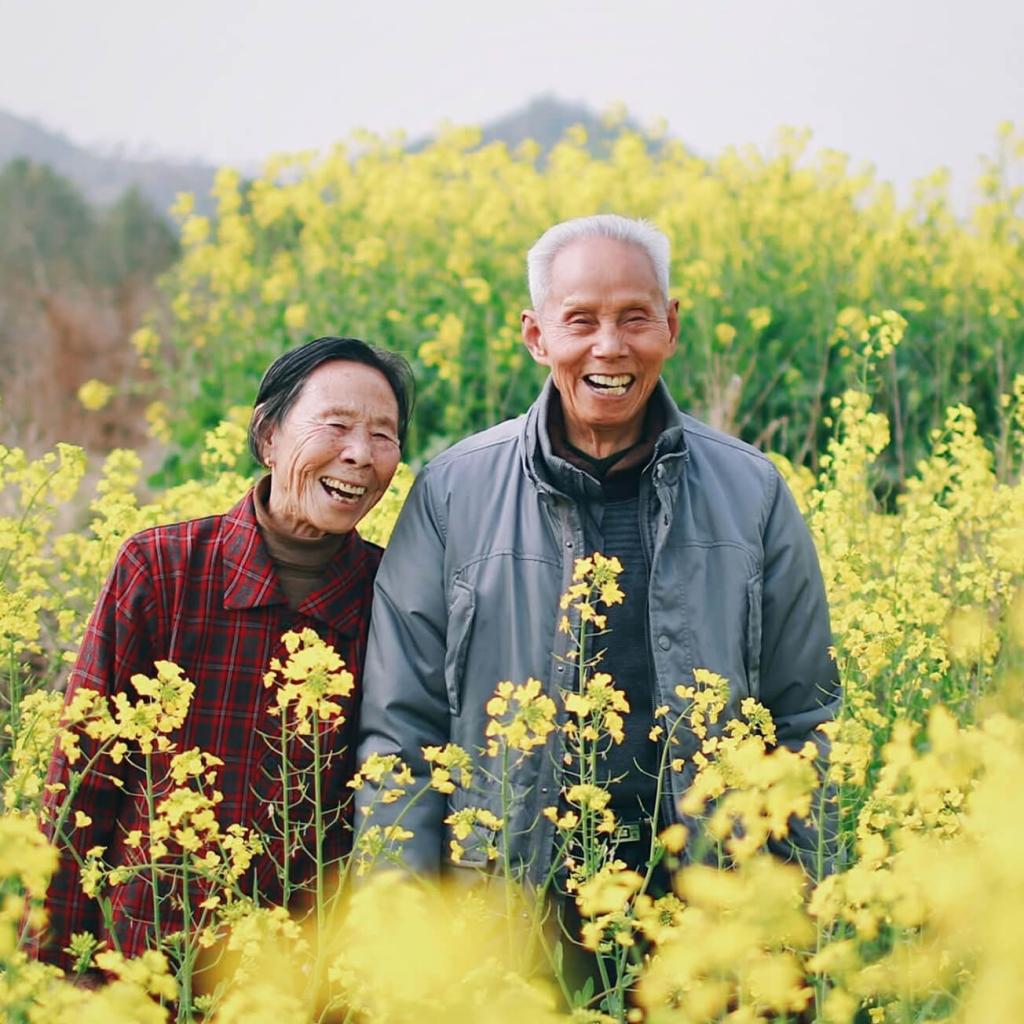
Project Goals
The goals of the Over the Rainbow Project are empowerment of the LGBTQIA+ CaLD migrant and refugee sector, creating equitable access to services and resources and providing a supportive and inclusive network to connect with others and promote self-reliance.
The target population is second generation immigrants, international students, refugees and asylum seekers, skilled migrants, partner and family visa holders and FIFO workers in the Perth metro, Peel region, Albany and Geraldton.
It is not limited to seniors and is open to all ages, with a specific focus on the most isolated members of the CaLD LGBTQIA+ sector and those living in regional areas.
Project partner Let’s Queer the Air will deliver specific components of the overall project, with Umbrella as project manager. A series of LGBTQIA+ educational workshops will be delivered for service providers, Councils and not-for-profit groups in the Perth metro, Peel region, Albany and Geraldton.
“The Over the Rainbow initiative has already succeeded in affirming my experiences as a community member! In my work across the arts and advocacy, I rarely see this vibrant intersection be addressed directly and in a practical, proactive manner.Often, queer and disability discourse in Australia is still dominantly populated by white constituents in a certain class range who can self-educate and participate in the conversation.”
— Project Advisory Group Member
More info
Project Rationale
Over the Rainbow responds to a pressing and well-documented need for comprehensive, culturally sensitive, and inclusive support services tailored to CaLD LGBTQIA+ migrants living in Western Australia.
These migrants often experience a complex interplay of vulnerabilities due to their intersecting identities. They face challenges associated with migration, including resettlement, language barriers, and cultural adjustment, as well as the discrimination, stigma, and social isolation commonly experienced by LGBTQIA+ individuals. This can lead to a heightened risk of social exclusion, economic disparity and mental ill health.
The 18-month pilot initiative, “Rainbow Migrants: Service Co-design, Pilot, and Evaluation,” yielded insights into the distinctive challenges faced by Rainbow Migrants. These findings are the focus of the Over the Rainbow Project:
Need for more research and awareness
The lack of comprehensive data about the unique needs of CaLD LGBTQIA+ migrants, from a lived experience perspective, is a critical gap. Research initiatives involving those with direct lived experience and subsequent awareness-raising efforts are fundamental to informing service design and fostering an environment of cultural safety.
Limited access to appropriate services
Mainstream support services often fail to adequately address the unique needs of CaLD LGBTQIA+ migrants. Many individuals remain isolated, disconnected from essential resources, and unaware of available support, due to a lack of culturally sensitive and inclusive information and service providers. This gap exacerbates their vulnerability and hinders their social and economic integration.
Project deliverables
Project deliverables
The following are the key deliverables:
- Design and implement a state-wide survey to gather comprehensive data on the sector’s lived experiences, unique needs and challenges. The survey will provide valuable baseline data and will be implemented annually.
- Analyse the survey data, prepare a report on the findings and recommendations.
- Disseminate the report (with findings and recommendations) to the sector and other stakeholders, including community groups, government departments, local Councils, employers, other community service providers and the academic sector. Engagement strategies include stakeholder briefings, social media posts, media, website content and promotional materials, as well as a purpose-made video.
- Participate in PrideFest activities in November 2024 including Pride Fair Day and Pride Parade. Host a PrideFest Plus event “Karaoke with an Accent” to celebrate gender and cultural diversity.
- Host a conference in Perth targeted at metro and regional stakeholders, in collaboration with the academic sector, focused on challenges and service delivery requirements relating to LGBTQIA+, culture, migration, gender identity and their intersectionality.
- Design and deliver educational workshops for service providers, Councils, government departments and not-for-profit community groups to raise awareness of the intersectionality challenges and promote culturally safe services.



